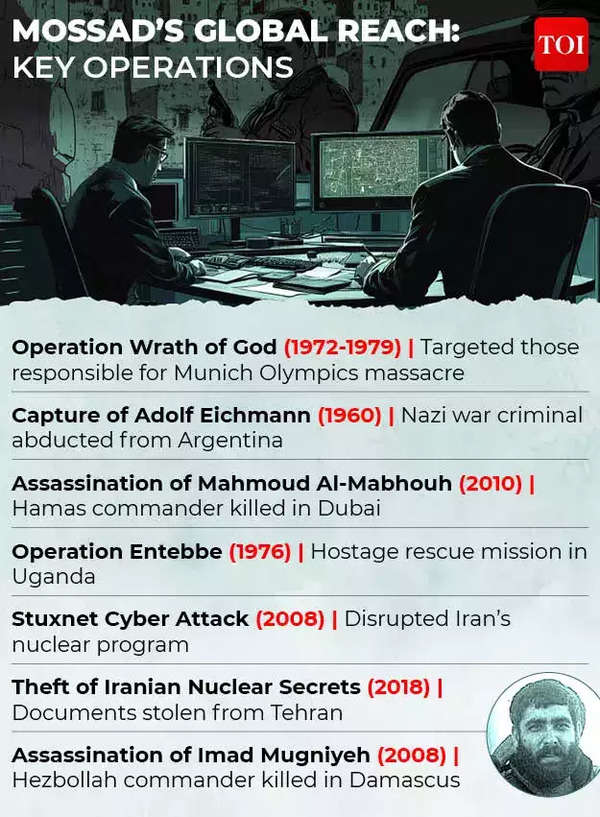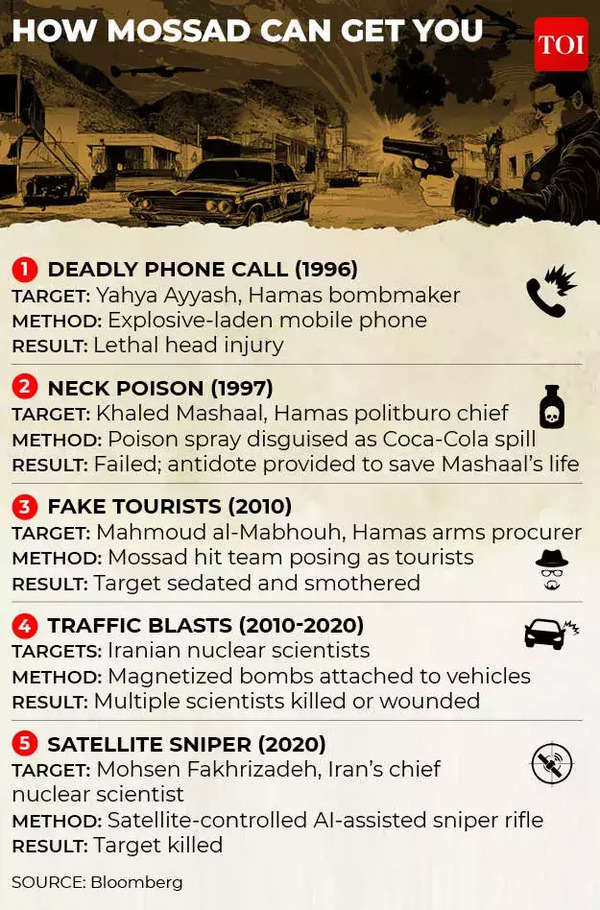The pager explosions are just the latest in a series of crises that have plagued Lebanon for decades.
The rocket attacks were in response to a vow by Hezbollah leader Hassan Nasrallah to retaliate against Israel for a previous mass bombing attack.
The Israeli military confirmed carrying out a “targeted strike” in Beirut but did not provide further details. However, explosions were heard emanating from the southern parts of the city.
Driving the news


The Israeli military confirmed carrying out a “targeted strike” in Beirut but did not provide further details. However, explosions were heard emanating from the southern parts of the city.
Driving the news
- Reports from Al-Mayadeen TV, based in Beirut, indicated that a drone fired multiple missiles at the densely populated area known as Dahiyeh.
- A source close to
Lebanon ‘s Hezbollah said an Israeli strike on Friday killed the group’s elite Radwan unit chief, while Israel said it had conducted a “targeted strike”. - The Israeli air strike killed Radwan Force commander Ibrahim Aqil, its armed force’s second-in-command, AFP reported quoting a source who requested anonymity to discuss sensitive matters.
- Lebanon was already reeling from a wave of deadly explosions that had killed at least 37 people and injured more than 3,000 over the past few days. The blasts were caused by handheld pagers and walkie-talkies, believed to be used by Hezbollah members, the Iran-backed militant group that has long been a dominant force in the country.
- While Israel has not officially confirmed responsibility, Hezbollah claims that the devices were booby-trapped by Israel. This incident has sparked panic across the country, triggering a national emergency.
- The blasts, which took place in Beirut and several other parts of Lebanon, occurred in two waves over a span of 48 hours. The first wave struck on Tuesday, killing 12 people and injuring thousands, while the second round of explosions followed on Wednesday, leaving another 25 dead and more than 450 wounded. Hospitals have been inundated with casualties, with many in critical condition.
Why it matters
- For millions of Lebanese, these explosions are a devastating reminder of the country’s enduring instability. Lebanon has been in a state of constant crisis for years, grappling with political dysfunction, economic collapse, and recurring violence. This latest incident underscores the deep-seated vulnerabilities in a nation that has yet to fully recover from the Beirut port explosion and a series of overlapping crises.
- The timing of the blasts is particularly significant, coming as Lebanon finds itself increasingly entangled in the broader regional conflict between Israel and Hezbollah, which has been firing rockets across the border into Israel for nearly a year. With Hezbollah threatening retaliation, there is a growing fear that this could be the spark that ignites a full-scale war between the two adversaries.
- Lebanon’s fragile health care system, already battered by years of crisis and overwhelmed by casualties from the Syrian war and the Covid-19 pandemic, is now struggling to cope with the aftermath of these explosions. Hospitals are once again operating beyond capacity, echoing scenes from the 2020 blast when medical staff were stretched to their limits.
- The economic implications of the recent attacks are also significant. Lebanon’s economy, already in freefall, faces further setbacks as investors and tourists are likely to be deterred by the escalating violence. The Lebanese pound, which has lost over 90% of its value since 2019, continues to plummet, pushing more and more people into poverty.

The big picture
- The explosions are just the latest in a series of crises that have plagued Lebanon for decades. Political paralysis has left the country without a functioning government for more than two years, and its economy is in freefall, with hyperinflation driving millions into poverty. Corruption and mismanagement have crippled the state’s ability to provide basic services, leaving much of the population without reliable access to electricity, clean water, or health care.
- The port explosion in 2020 was seen as the epitome of the state’s failure. The blast, which was caused by haphazardly stored ammonium nitrate, devastated much of Beirut and left an indelible mark on the national psyche. Yet, four years later, there has been little progress in holding those responsible accountable, and the site of the explosion remains largely untouched, its towering silos a grim reminder of Lebanon’s state of decay.
- The current crisis with Israel adds another layer of complexity to Lebanon’s woes. Israel and Hezbollah have been engaged in near-daily clashes along the border since Hamas’s attack on Israel on October 7 sparked the ongoing war in Gaza. Hezbollah, which views itself as a defender of Lebanon and a staunch ally of Hamas, has vowed to continue its attacks on Israel as long as the war in Gaza continues.
- The device explosions represent a major security breach for Hezbollah, a group known for its secrecy and disciplined operations. The fact that Israel was able to target and destroy so many devices across the country has sent shockwaves through the group and its supporters. “The country’s state is unreal,” said Chris Knayzeh, a Lebanese citizen, describing the situation as a nightmare that never seems to end.
‘We are already dying’
- The mood in Lebanon is one of fear, confusion, and anger. The explosions have left many Lebanese traumatized, triggering memories of previous disasters and deepening their sense of insecurity. “I can’t believe this is happening again. How many more disasters must we endure?” asked Jocelyn Hallak, a mother of three whose children have already left or are planning to leave Lebanon in search of a better future abroad. Her frustration echoes the sentiments of many Lebanese, who feel that their country is cursed by a never-ending cycle of violence and instability.
- Marwan Mahfouz, a resident of Tyre, a city in southern Lebanon, pointed out that Israeli Prime Minister
Benjamin Netanyahu has been threatening Lebanon with war for the past year and suggested that he should follow through with his threats. - “If we are going to die, we’ll die. We are already dying. We are already dead,” he told AP.
- Jocelyn Hallak, a mother of three, expressed her exasperation and despair in an interview with AP. With two of her children already working overseas and the third planning to leave after completing their education in the coming year, she lamented, “I can’t believe this is happening again. How many more disasters must we endure?”
- The weight of the repeated hardships bore down on her, and she found herself questioning when the suffering would finally cease. “All this pain, when will it end?” Hallak’s words echoed the sentiments of countless others who have endured a series of misfortunes and yearn for relief from the relentless onslaught of difficulties.
- The devastating scenes witnessed by Mohammad al-Mousawi in Beirut’s southern suburb, a Hezbollah stronghold, were etched in his memory. “I saw horrific things that day,” he recounted, describing how he was running an errand when the pagers started exploding.
- The streets were suddenly filled with chaos as scooters raced by, carrying injured individuals. “Suddenly, we started seeing scooters whizzing by carrying defaced men, some without fingers, some with their guts spilling out. Then the ambulances started coming,” al-Mousawi said. The sheer number of casualties and emergency vehicles was staggering, reminding him of the tragic port blast in 2020.
- Maha Yahya, the Beirut-based director of the Malcolm H. Kerr Carnegie Middle East Center, expressed her anguish, stating, “One more horror shaping our collective existence.” She drew parallels between the current situation and the aftermath of the Beirut port explosion, highlighting the widespread impact of the recent events. “The shock, the disarray, the trauma is reminiscent of Beirut after the port explosion. Only this time it was not limited to a city but spread across the country,” Yahya shared in a social media post, emphasizing the far-reaching consequences of the tragedy.

What they are saying
- Hezbollah leader Hassan Nasrallah, in his first speech since the explosions, struck a defiant tone, calling the attacks a “massacre” and vowing retribution against Israel. “Israel will face tough retribution and just punishment, where it expects it and where it does not,” Nasrallah declared. He framed the attacks as an escalation in the ongoing conflict between Hezbollah and Israel, positioning the group as a defender of Lebanese sovereignty and a key player in the broader regional struggle against Israeli aggression.
- Meanwhile, Israel has remained largely silent on the explosions, neither confirming nor denying responsibility. However, Israeli defense minister Yoav Gallant signaled a shift in military strategy, announcing that Israel was entering a “new phase” in its war, with the focus now shifting to its northern border with Lebanon. Gallant warned that Hezbollah would “pay an increasing price” for its attacks on Israel, suggesting that more military action could be on the horizon.
- Lebanese officials, for their part, have condemned the attacks as a violation of the country’s sovereignty. Foreign Minister Abdallah Bou Habib called the device explosions a “blatant assault on Lebanon’s security” and warned that the situation could spiral into a wider war if not contained. Lebanon has filed a complaint with the United Nations, accusing Israel of cyber-terrorism and calling for an independent investigation into the attacks.
Between the lines
- The explosion of Hezbollah’s communication devices has revealed significant weaknesses within the group, particularly in terms of its security infrastructure. The fact that Israel was allegedly able to infiltrate Hezbollah’s supply chain and sabotage thousands of devices raises questions about the group’s ability to protect itself and its members from similar attacks in the future. It also underscores the extent to which Israel has been able to penetrate Hezbollah’s operations, potentially setting the stage for more targeted strikes in the coming weeks.
- While Hezbollah is widely seen as a powerful and disciplined military force, the attacks on its communication devices represent a major setback for the group. Some analysts believe the explosions could be part of a larger Israeli strategy aimed at weakening Hezbollah’s command structure and undermining its ability to coordinate attacks. Lina Khatib, a Middle East expert, noted that the device explosions could paralyze Hezbollah’s military arsenal, leaving the group vulnerable to further Israeli offensives.
- At the same time, the attacks have sown fear and paranoia among ordinary Lebanese citizens, many of whom now view everyday electronic devices with suspicion. Parents are keeping their children away from schools and universities, and some residents are even sleeping with their phones in another room to avoid potential harm.
What’s next
- As the situation continues to unfold, both Lebanon and Israel appear to be preparing for the possibility of further conflict.
- The risk of a full-blown war between the two adversaries is now higher than ever, with potentially devastating consequences for both countries.
- In the meantime, Lebanon’s civil aviation authorities have banned the transport of pagers and walkie-talkies on all flights departing from Beirut, and civil defense organizations are advising people to turn off their electronic devices to avoid further explosions.
- With international mediators working to prevent a further escalation of hostilities, the coming days will be crucial in determining whether the situation in Lebanon spirals out of control. As Hezbollah and Israel continue their deadly game of cat and mouse, the question remains: how much more can Lebanon endure?
(With inputs from agencies)